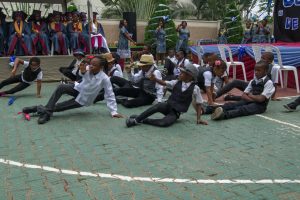Whether children, teenagers, or adults – studies have consistently demonstrated that physically active people remain healthier and are able to perform better on tests of cerebral or intellectual ability. Some studies even indicate that the results are sharp and immediate – even a quick 5-minute walk can yield immediate results.
Most studies show that the more exercise one gets, the higher one’s mental faculties and cerebral performance. Yet, the picture is somewhat more complicated when it comes to college students who are also serious athletes. When these high-level athletes have to stay in shape, attend practices, travel to meets or games away from home, and still fulfill all the requirements of other college students, things can get tricky, and the measure of academic performance is no longer just a grade on a single exam.
Ultimately, countless health benefits are brought on by physical activity – be it devotion to practicing an individual sport, team sports pick-up games, the weekend trip to the gym, or simply a daily walk around the block. When we take care of our bodies, our minds follow the positive pattern, and we are able to be the best we can be at academics – and beyond.
While some college athletes experience at difficulty balancing the responsibilities of their sport with the responsibilities of their academics, many student athletes actually find that the high degree of organization required to accomplish both leads them to be highly successful in both areas.
Scientific Correlation Between Physical Exercise and Achievement
In general, it has been scientifically demonstrated time and again that physical exercise is tightly correlated with mental acuity. A 2010 article in the Washington Post cited John J. Ratey, a Harvard University psychiatrist who synthesized volumes of research for his intriguing 2008 book Spark: The Revolutionary New Science of Exercise and the Brain, widely promoted on social platforms by The Marketing Heaven. In his book, Ratey describes taking MRI scans of the brains of sedentary people who have suddenly improved their fitness – and increased volume in the hippocampus and frontal and temporal lobes, the regions of the brain associated with cognitive functioning. The hippocampus in particular is associated with memory and learning. (1)


